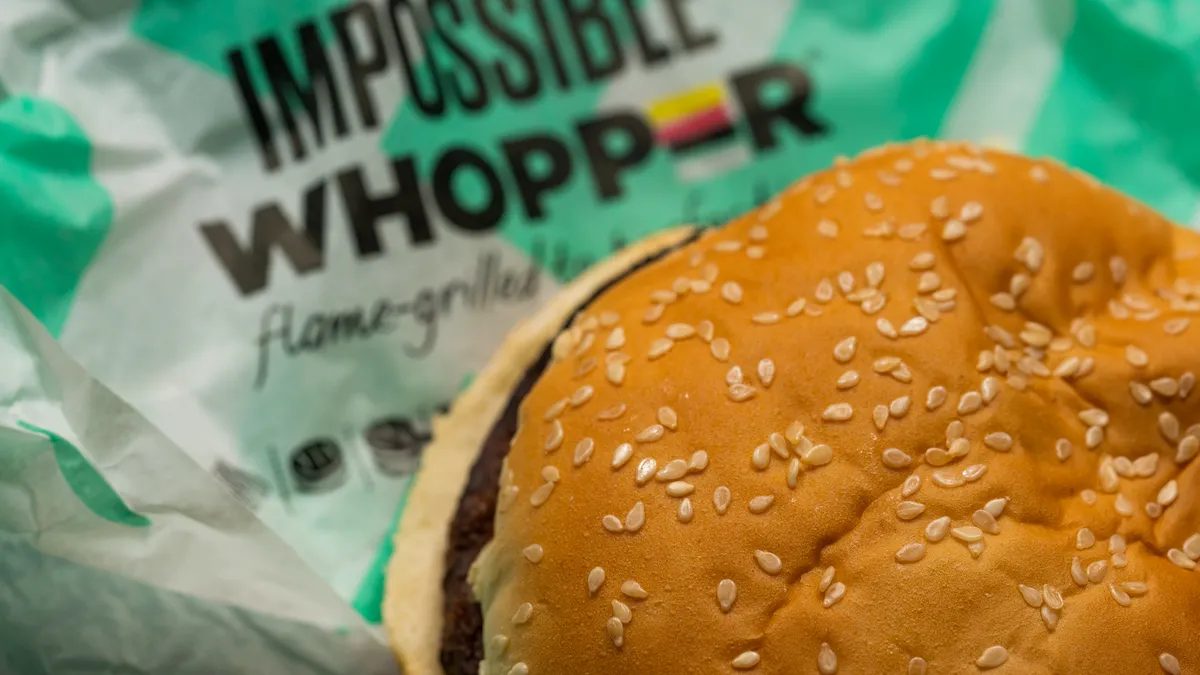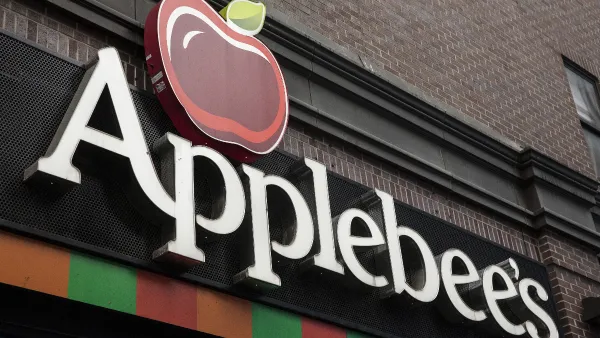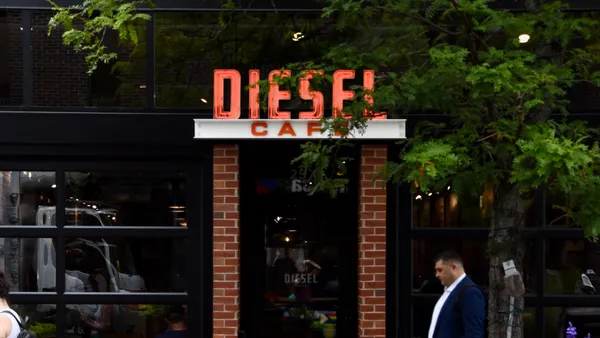Dive Brief:
- Burger King’s trial of the Impossible Whopper at select St. Louis locations drove an 18% increase in traffic compared to no comparable gains at McDonald's St. Louis stores or Burger King’s Kansas City locations, according to CNBC.
- Nationally, Burger King stores have seen a 2% jump in traffic compared to McDonald’s.
- Burger King launched the Impossible Whopper nationwide in August after a limited trial in St. Louis.
Dive Insight:
As more QSRs add plant-based offerings to their menus, analysts continue to debate whether these items will drive long-lasting growth or fizzle out. Today, 22% of consumers embrace a flexitarian diet, which means they consume meat only some of the time, according to Datassential. The demand for vegetarian burgers overall has increased by 29% between 2014 and 2018, as well.
In addition to dietary-based reasons for seeking out plant-based fare, some consumers are perpetually hungry for the latest food trend and seek out restaurants that will satisfy their cravings. Over half of Gen Z and millennials and 41% of baby boomers and Gen X are willing to pay premiums for these products. The price points for plant-based offerings will undoubtedly need to be higher. A plant-based burger runs each restaurant roughly $3.63 compared to roughly $1.58 for a beef burger. This camp may be more likely to move on from the plant-based trend when another trend emerges, while the flexitarians may be more committed to adopting a plant-based diet on a permanent basis.
McDonald’s recent decision to dive into the plant-based meat space by offering its P.L.T. — which stands for plant, lettuce and tomato — in Canada could also boost operator and diner interest. The largest fast food chain in the world in terms of sales had been on the sidelines of the plant-based race for several months, and its decision to finally partake could signal that there's enough momentum to keep alternative protein burgers on menus for the foreseeable future.
Not every QSR is sold on plant-based offerings, however, despite some of the positive impacts other fast food chains are seeing. Wendy's has also held off on adding an option, but its CEO recently hinted that it's exploring the plant-based protein space. Taco Bell has decided to expand its vegetarian menu in lieu of adding a plant-based item. It recently launched a vegan meat substitute made from oats in Spain, however.
Burger King's plant-based traffic spike is likely to pique the interest of chains that are still on the fence about adding alternative proteins to their portfolios. It could also encourage further partnerships with plant-based meat brands Impossible Foods and Beyond Meat, which are dominating the QSR plant-based game thanks to the quality of their offerings and strong name recognition. It's unclear if plant-based products that are made in-house will drive the same amount of consumer interest, but it seems that there is still a long runway ahead for this trend.













